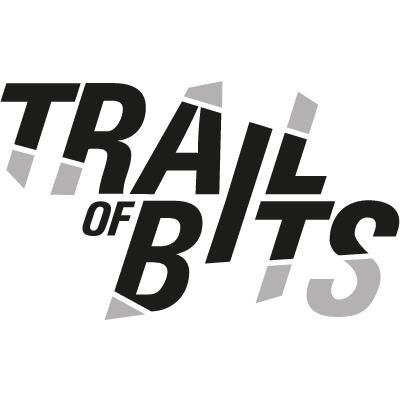Risky Business Podcast
August 12, 2020
Risky Business #594 -- How ESNIs will change censorship and NDR
Presented by

CEO and Publisher

Technology Editor
On this week’s show Patrick and Adam discuss the week’s security news, including:
- WeChat joins TikTok in the naughty corner
- TLS 1.3 with ESNI will have a massive impact on censorship AND security
- Belarus goes dark after dodgy election
- Capital One fined $80m
- Much, much more


Brought to you by Trail of Bits
We don't just fix bugs, we fix software









